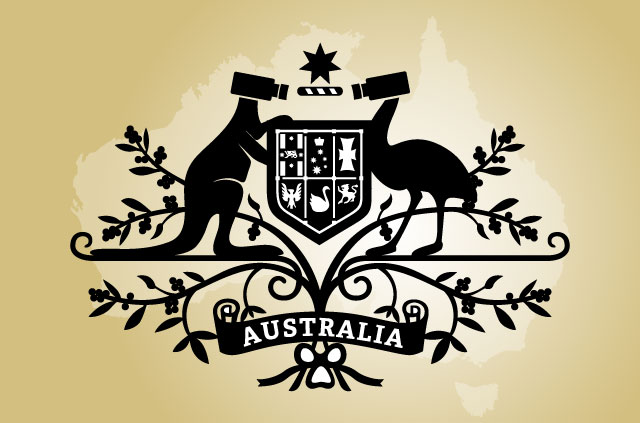Forget about all the deadly snakes, spiders, and uncharted Outback. One of Australia’s biggest threats today comes from the government’s staunch stance on privacy. Just law year Australia passed their extremely invasive data retention law that requires all telecom companies to keep detailed user logs for at least two years. That means cell phone data, text messages, and even browser info are all open game for Australia’s internal agencies and local law enforcement officials.
It follows a truly terrifying trend of Western countries gutting any collective progress made for greater privacy protection. With the UK’s Investigatory Powers Act, and more recently the U.S.’s privacy rollback, the fight for privacy is currently treading some very dark waters.
Why it’s worse down under
Unlike other nations, Australia has taken more significant steps to erode the privacy protections must companies afford their customers.
First off, the list of Australian government agencies that are free to access user logs is absurd; the long list of internal departments that can freely obtain user information ensures that your private info is as accessible as a candy bar nestled a vending machine. Second, there’s been more recent talks on how the Australian government will soon sign legislation that would inevitably force companies with helping the Australian government in decrypted protected messages.
You may remember a similar argument the FBI put forward last year when they called upon Apple and other tech companies to build backdoors into their encrypted devices. It didn’t go very well.
Now, in addition to pulling back any privacy curtains citizens may have had, the government is pushing to go one step further and essentially negate any and all forms of end-to-end encryption (E2EE), which is the gold standard most companies and services use these days.
Could the Australian government really ‘break’ end-to-end encryption?
Attorney General George Brandis made headlines a few months ago after he told Prime Minister Turnbull that it’s possible to decrypt encrypted messages. Speaking to ABC, Brandis said: “Last Wednesday, I met with the chief cryptographer at GCHQ … and he assured me this was feasible.”
Only it’s not possible. In the same vein as Prime Minister Turnbull declaring the fundamental laws of mathematics don’t apply to Australia, the premise that someone could ‘break’ E2EE is markedly false.
The reason this form of encryption is so popular is because it’s unbreakable. In traditional encryption methods, a company or creator of the software holds a ‘key’ and to decrypt a message you’d have to find a way to get the key. With E2EE, there is no outside encryption key. Instead, only the sender and receiver can unscramble the coded messages.
This is the reason why Apple refused to help the FBI decrypt the San Bernardino shooter’s phone—they couldn’t.
A scary future
Still, Brandis’ message shouldn’t be taken lightly. With all the steps Australia has recently taken in favor of becoming a police state, it’s entirely possible that one day they could essentially ban any and all forms of encrypted messages. In fact, they’re already trying to prevent suspected terrorists from using encryption.
That’s why using a VPN is so important. By masking your IP address, you’re able to browse, text and chat without your ISP having the ability to record your info. All you have to do is connect to a secure VPN location outside of your ISP’s jurisdiction, and you’re free to browse anonymously.
Australia’s self-proclaimed “Get a VPN Day” may be in April, but you shouldn’t wait that long to arm yourself with a virtual private network. You can check our guide on how to choose a reputable VPN provider here.


This informative article gives the light in which we can observe the reality.
This is a really nice one and gives in-depth information. Thank you for this great article.